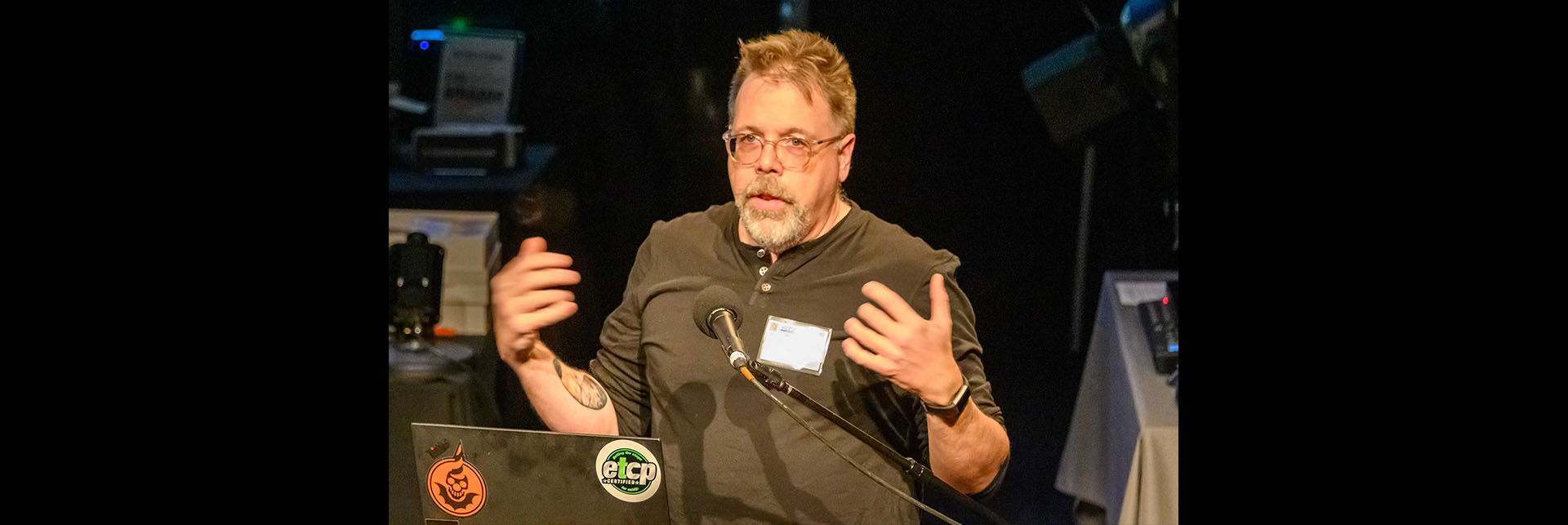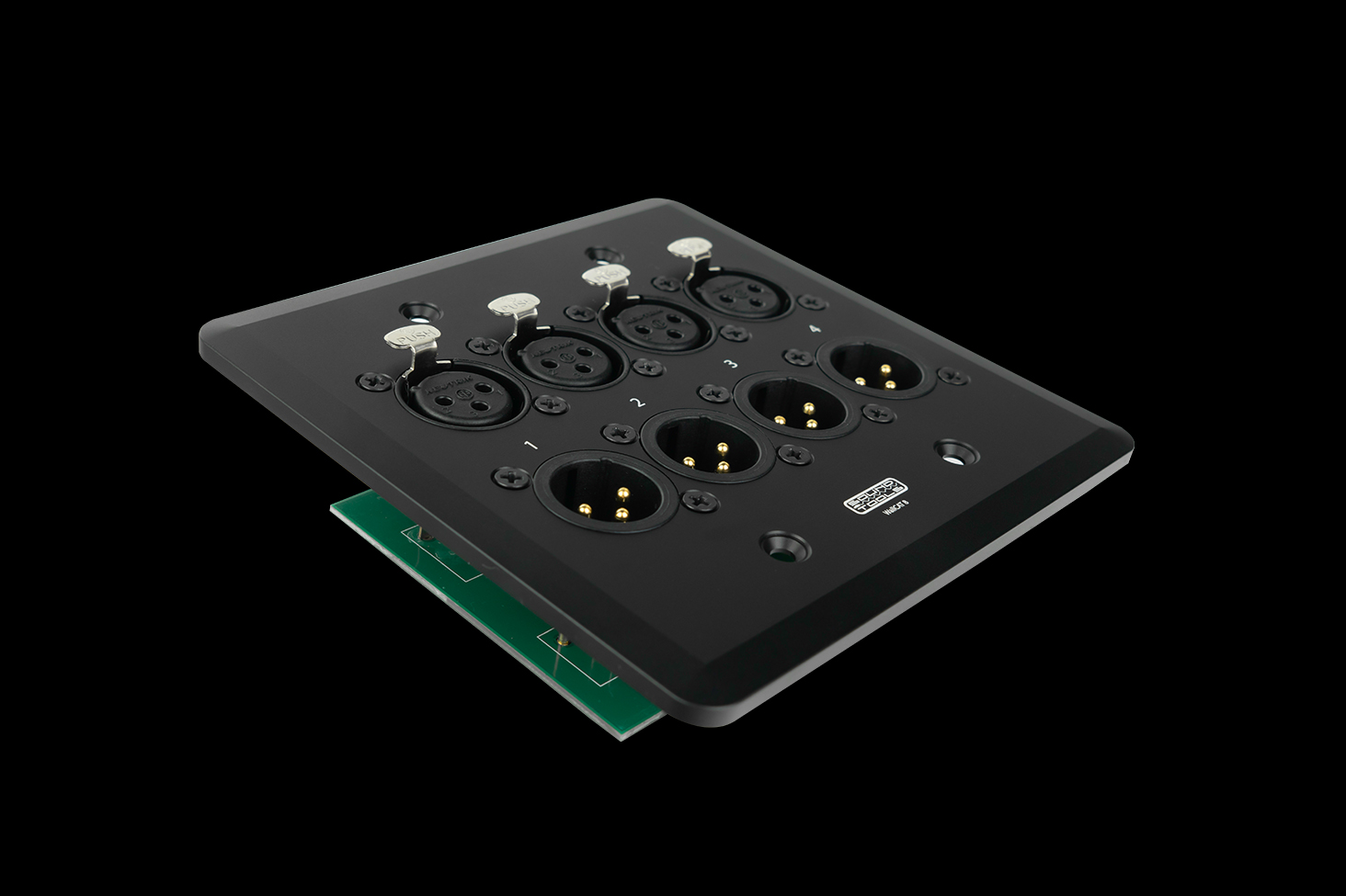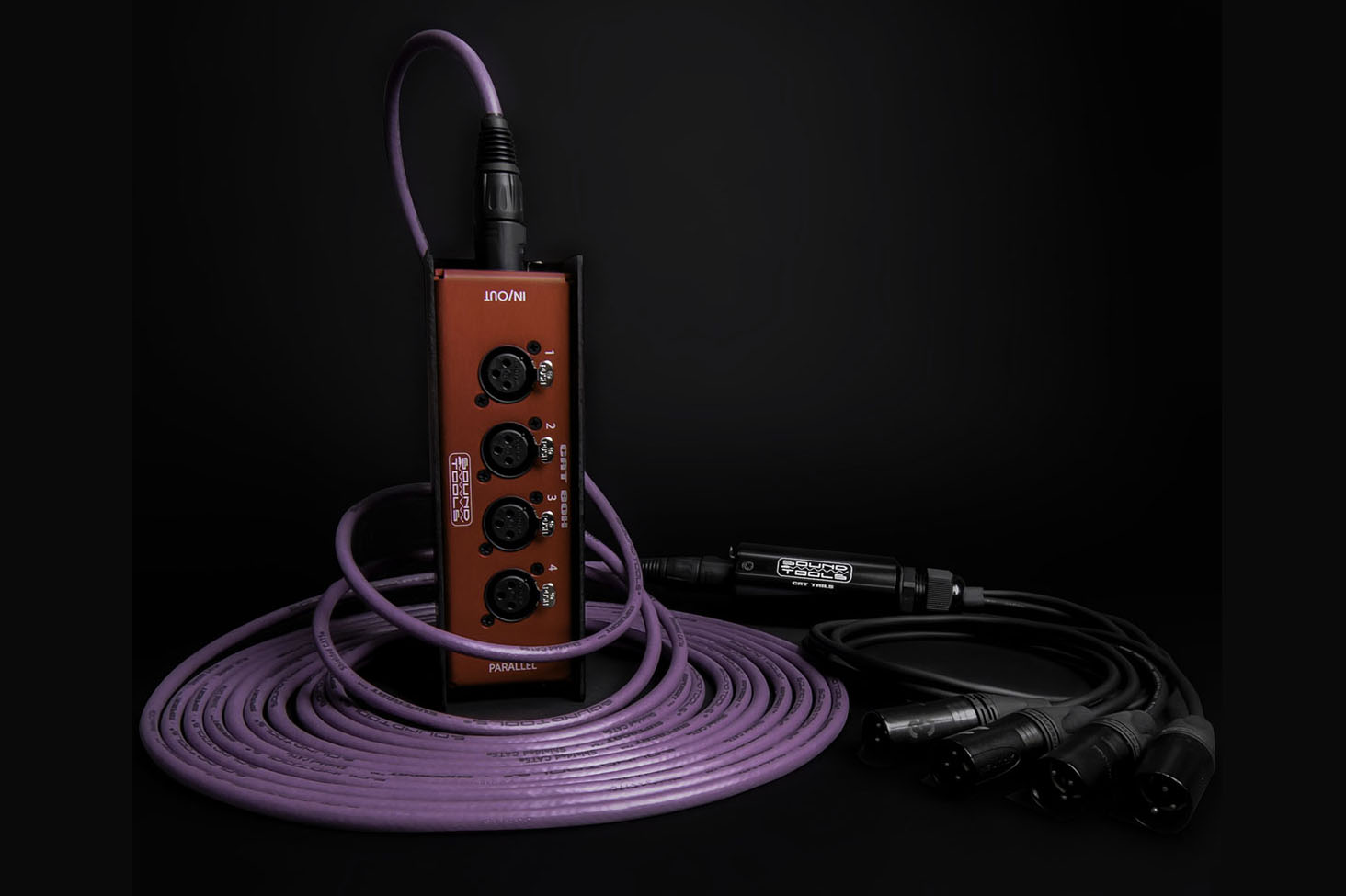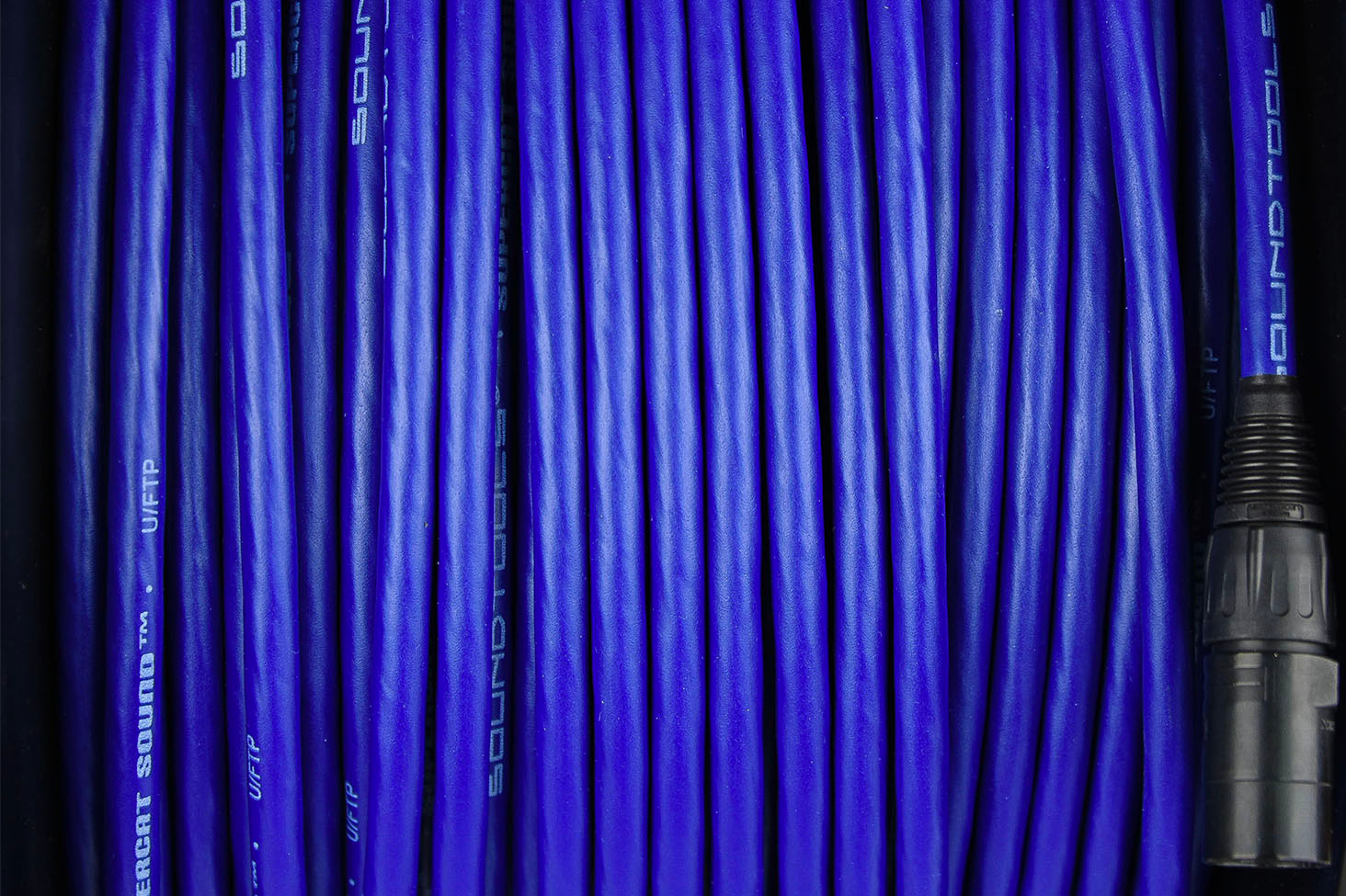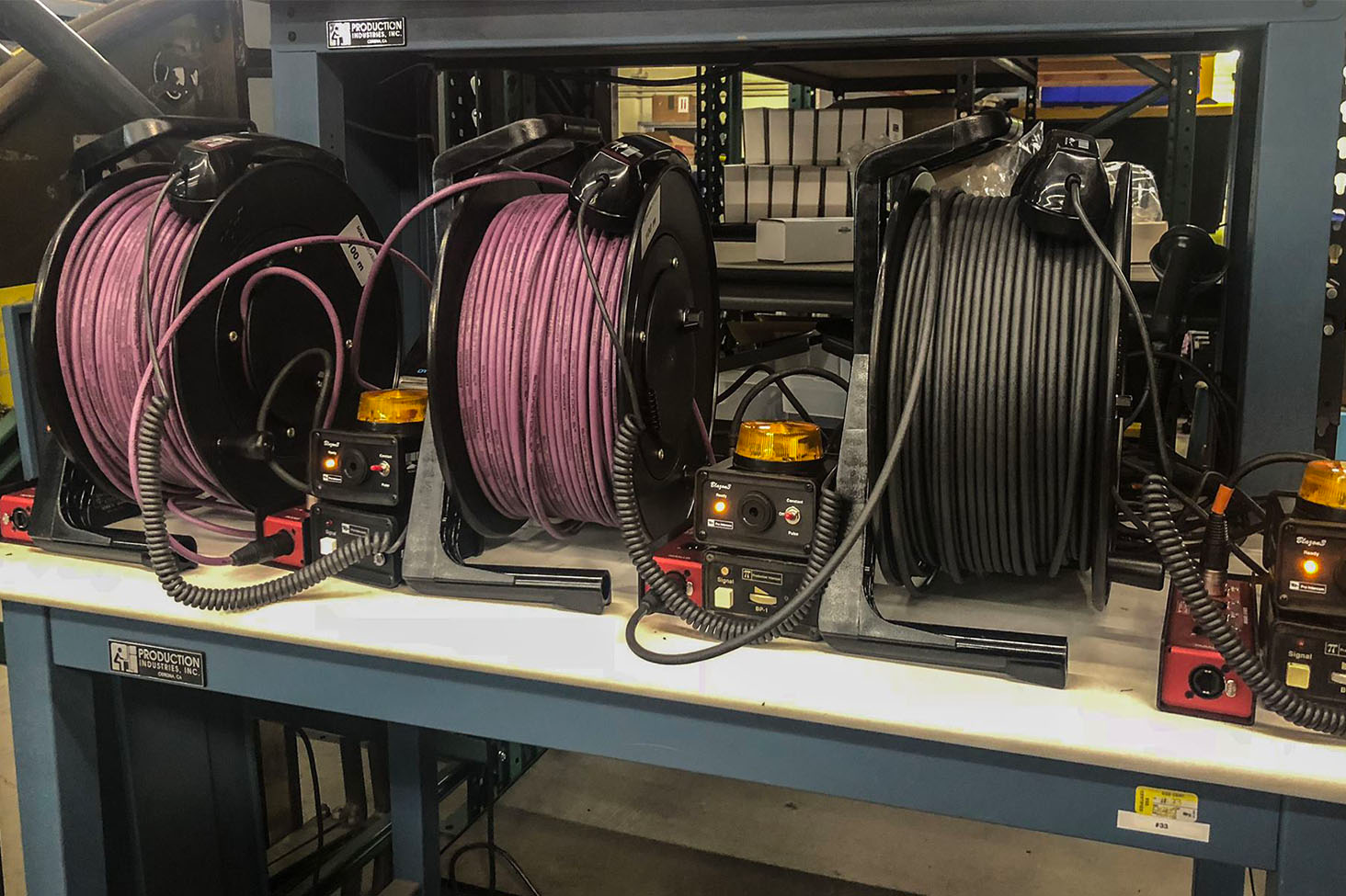Interview with John Huntington
Sound Engineer, Professor of Entertainment Technology and Author of Introduction to Show Networking
Meet SoundHuman, John Huntington, a Sound Engineer, Professor of Entertainment Technology and the author of the book Introduction to Show Networking. John is a Professor at City Tech and we got the chance to learn about what inspired him to write his book and become a teacher in the industry. John talked with us about how things have been during the pandemic for himself and his students, his view on why networking cable is valuable and what he is working on now.
How long have you been in the industry?
I graduated from college in 1985 on a Saturday, moved Sunday and started work Monday at a special effects company (we did feature films and even built projectors for Pink Floyd) and have been at it ever since.
What inspired you to become a Professor of Entertainment Technology and how long have you been doing so?
When I got out of college, I was done with academia altogether, but in the late 90’s I was asked to teach a sound class at NYU, and then I started teaching a class at Yale School of Drama based on my book while working in the sound department of the Metropolitan Opera. And then in 1999--after getting into an online debate with a future colleague-- I started full time at City Tech, and I’ve now been a Professor for more than 20 years, while still freelancing as a sound system designer and engineer. I’m really passionate about our industry, and really enjoy explaining things. And my students at City Tech, who are an extremely diverse group who have all overcome immense challenges just to get to school, continue to inspire me after all this time.
What kinds of things do you teach in Entertainment Technology?
In my career I’ve done a bit of everything, from lighting to feature film special effects to designing large outdoor sound systems. And I’ve taught a bit of all of those things, but these days I specialize in sound systems and networking. I suck at math, so the world of analog audio was very challenging to me, but digital and control and communications systems always came easily to me. So, I was very fortunate when the worlds of audio and digital and networking converged.
You wrote a book called Introduction to Show Networking, how did you stumble upon this information and what encouraged you to write about it?
Early in my career, I did a lot of control systems work, and became fascinated by it. In the early 90’s at an AES convention, while working for a trade magazine, a book publisher came by with a form looking for book reviewers. One of the questions was “if you were going to write a book what would it be?” and that started the whole thing and led to the first edition of my book in 1994. I did three editions with the publisher and then they decided they were no longer interested, so I self-published two more editions (and self-publishing has been great). In the first edition of my book, I had a couple paragraphs on Ethernet, and by the fifth edition it was several chapters. So last year during the pandemic I created the new Introduction to Show Networking book, which is smaller and cheaper than the old book and focuses on networking for shows. And one of the great things about modern networking is that the fundamentals are the same across all the departments; an IP address used in a sound system is the same as one used in lighting, video, scenic automation, pyro--you name it. So, the obvious future is everything converging on networks, so networks are now a core technology, and I’m very excited about the new book and hope people find it useful.
In your opinion, do you think using networking cable is better than the standard snake systems that are often used in live audio?
I’ve done a lot of big outdoor sound systems, and one day doing a concert in a park for the NY Philharmonic we were doing some testing in the morning on the system and ran out our big, expensive 54 pair snake. Since the park was empty, we didn’t put out any barriers or anything and we were deep into figuring out something on the console when we noticed a giant lawnmower heading straight for our snake! We ran over in the nick of time to keep the cable from being shredded. That cable (if I remember right) was like $12 a foot and was a nightmare to terminate. Cat 5e cable in bulk is like 10 cents per foot, and even the excellent heavy duty cables you guys sell is very affordable. Of course, we wouldn’t have been happy if nice Cat 5e cable got lawnmowed, but we would have been out hundreds of dollars and not thousands. And in a pinch, we can buy a network cable at Walmart. And of course, once you move into audio networking the sky's the limit with things like fiber optic cable.
Where is the best place for someone to find your book?
The print edition is available on Amazon and many other online sellers but our friends at Rational Acoustics are selling it for the same price and are a great company dedicated to our industry. I also have an EBook available on Google Books; details on everything on my website:
Click here to visit the site
What are you currently working on now? Any future books coming out?
I’ve been pretty overwhelmed trying to teach all my sound and networking classes online and the book was of course a lot of work. But I’ve been doing audio and video for a weekly online circus and variety zoom show
and am getting ready for storm chasing season (I chase tornadoes every spring in the plains).
How has the pandemic impacted you?
Unlike so many of my friends in the industry who have been out of work or gotten sick, I’ve been extremely fortunate in that I was able to work from home and had a job throughout this whole time, although it’s been an exhausting struggle. But my students have been severely impacted. Here in NYC in normal times we spend a lot of time out and about, so we don’t need big living spaces. But during this time, our students have been jammed into small apartments and houses with their extended family. Sometimes in my sound classes when the students unmute there is this din of their siblings doing online school and so on; how they are able to concentrate is beyond me. And in a normal year we do a number of productions--concerts, theater, variety shows, etc--and our biggest production is the annual Gravesend Inn haunted hotel, which has typical annual attendance around 6000 and usually puts about 100 students to work. They usually progress up through being ushers to crew member to crew heads, and they really missed this project and this invaluable experience last year. It’s going to take us a long time to get everything back and get them back up to speed.
In your opinion, how long do you think it will take for the industry to get back to normal after this pandemic?
I’m writing this before going into school and teaching an in-person lab, so we’ve managed to navigate the school bureaucracy and start heading back to in person work. I’m very optimistic that things are going to come back strong outdoors this summer here in the city, and I hope by the Fall concerts and Broadway (which drives the tourist economy here) get rolling. So, for the first time in about a year I’m feeling hopeful and I’m looking forward to a new roaring 20’s.
What is the best sound tip you have ever received or would give to another Sound Human?
Most importantly, I think, is to pursue your passion. I’ve been extremely fortunate in my career, gotten to work on big concerts, movies and all kinds of stuff I would have never imagined growing up in my cornfield hometown. I’ve been lucky, but I think you also make your own luck by being persistent, and it’s easy to be persistent when you love what you do. Also, when I was young, I remember some older stagehands haranguing me for jumping off the front of the stage during a load in. Now I’m the old man yelling at the kids to take care of themselves.
Want to be a featured Sound Human?
Submit Here
